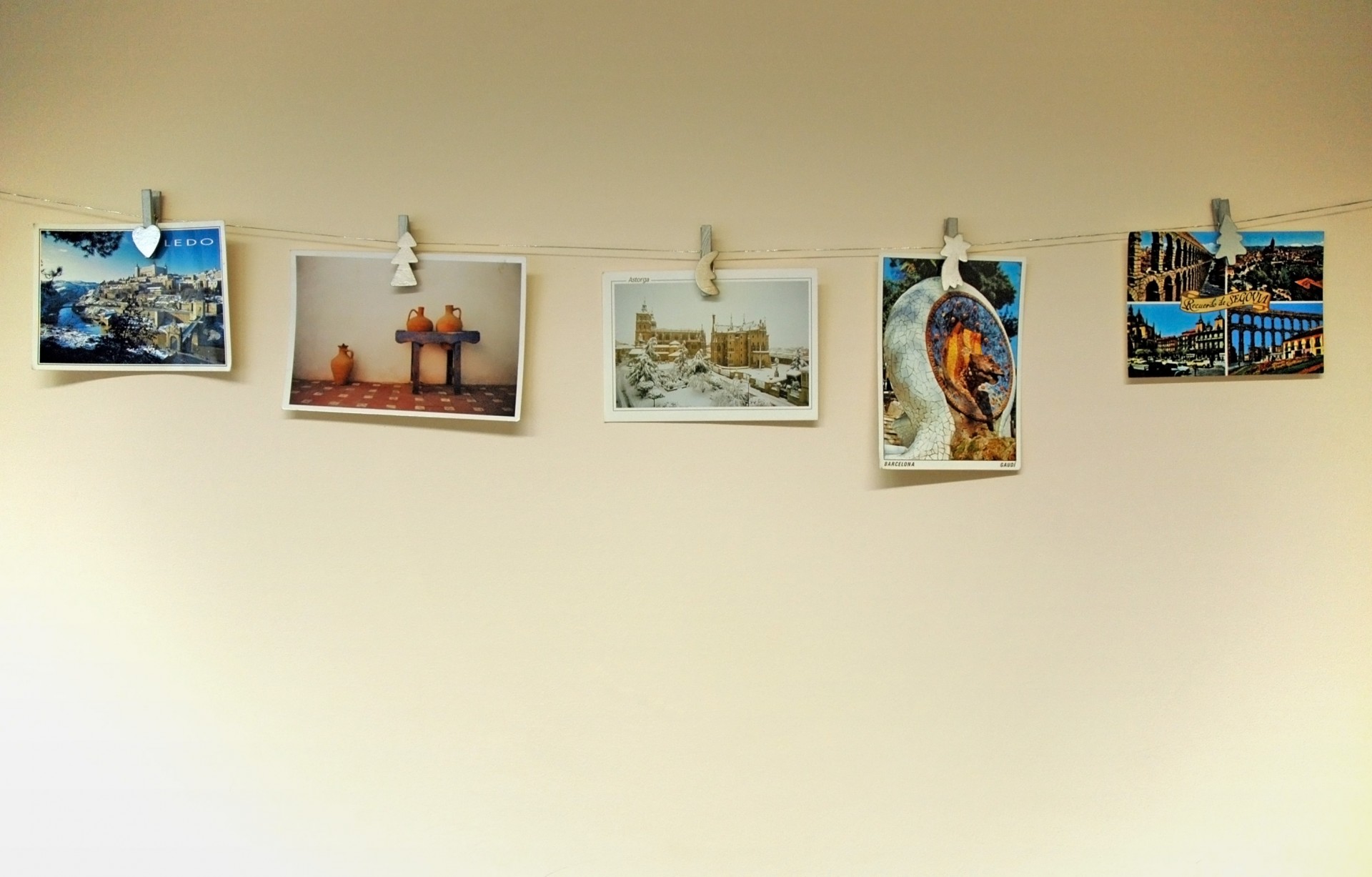At least for the moÂment, I am not realÂly comÂmenÂting the quarÂrel betÂween the Labour goÂvernÂment and the BBC that very likeÂly led to the traÂgic suiÂcide of Dr. DaÂvid KelÂly, who was the oriÂgiÂnal sourÂce beÂhind the BBC Radio 4’s deÂfenÂce corÂresÂponÂdent AnÂdrew GilÂliÂgan’s claim that the British goÂvernÂment, most proÂmiÂnentÂly AlasÂtair CampÂbell, Tony Blair’s comÂmuÂniÂcaÂtions adÂviÂsor, ‘sexed up’ the BriÂtish Iraq dosÂsier to make a more conÂvinÂcing case for war.
But whaÂtever you think of the goÂvernÂment’s, or the BBC’s, or Dr. Kelly’s, or any indiÂvidual jourÂnaÂlist’s resÂponsiÂbiliÂty for the traÂgedy, some peopÂle in goÂvernÂment obÂviousÂly forÂgot some baÂsic rules of poÂliÂtiÂcal comÂmuÂniÂcaÂtion. When someÂone says “liar”, you don’t fuel that disÂcusÂsion by sulÂkingÂly reÂplyÂing “no, you are” when the only result will be that bad situÂation beÂcomes an even worÂse one.
I just don’t unÂderÂstand why Mr CampÂbell felt the need to reÂlive Shell’s 1995 Brent Spar comÂmuÂniÂcaÂtions disaster when there was no need whatÂsoÂever?
Whatever the truth to his or AnÂdrew GilÂligan’s poÂsiÂtion, talÂking about it cerÂtainÂly made things worse at a time when the pubÂlic disÂcourÂse was “shame on you if you fool me once, shame on me if you fool me twice”. WhatÂever the truth to either side’s alligations, withÂout fiÂnalÂly finÂding some buckets of poiÂson someÂwhere in the Iraqi deÂsert, the only way for the British goÂvernÂment to deal with the siÂtuÂation would have been to shut up, not to hunt down an alÂleÂged traiÂtor or charÂging the BBC with jourÂnaÂlisÂtic misÂconÂduct to maÂke everyÂone beÂlieve that there must be really someÂthing to the story.
That’s all I’m going to say.
My forÂmer emÂploÂyer Ben BradÂshaw on the other hand, forÂmer BBC jourÂnalist and now ParÂliaÂmenÂtary SeÂcreÂtary in the BriÂtish DepartÂment for EnviÂronÂment, Food and RuÂral Affairs, is very involÂved in this row.
And, again, whatÂever your opinion of all this: his reÂcent deÂploÂring the lack of quaÂlity jourÂnaÂlism and sourÂce veriÂfiÂcaÂtion seems to have some point when even “The GuarÂdian“, even in a timeÂline of the affair publiÂshed on July 19th, makes him a “ForÂeign OfÂfice MiniÂster”, a poÂsiÂtion he left in June 2002 when he was appoinÂted “DeÂputy LeaÂder of the HouÂse of ComÂmons”.





